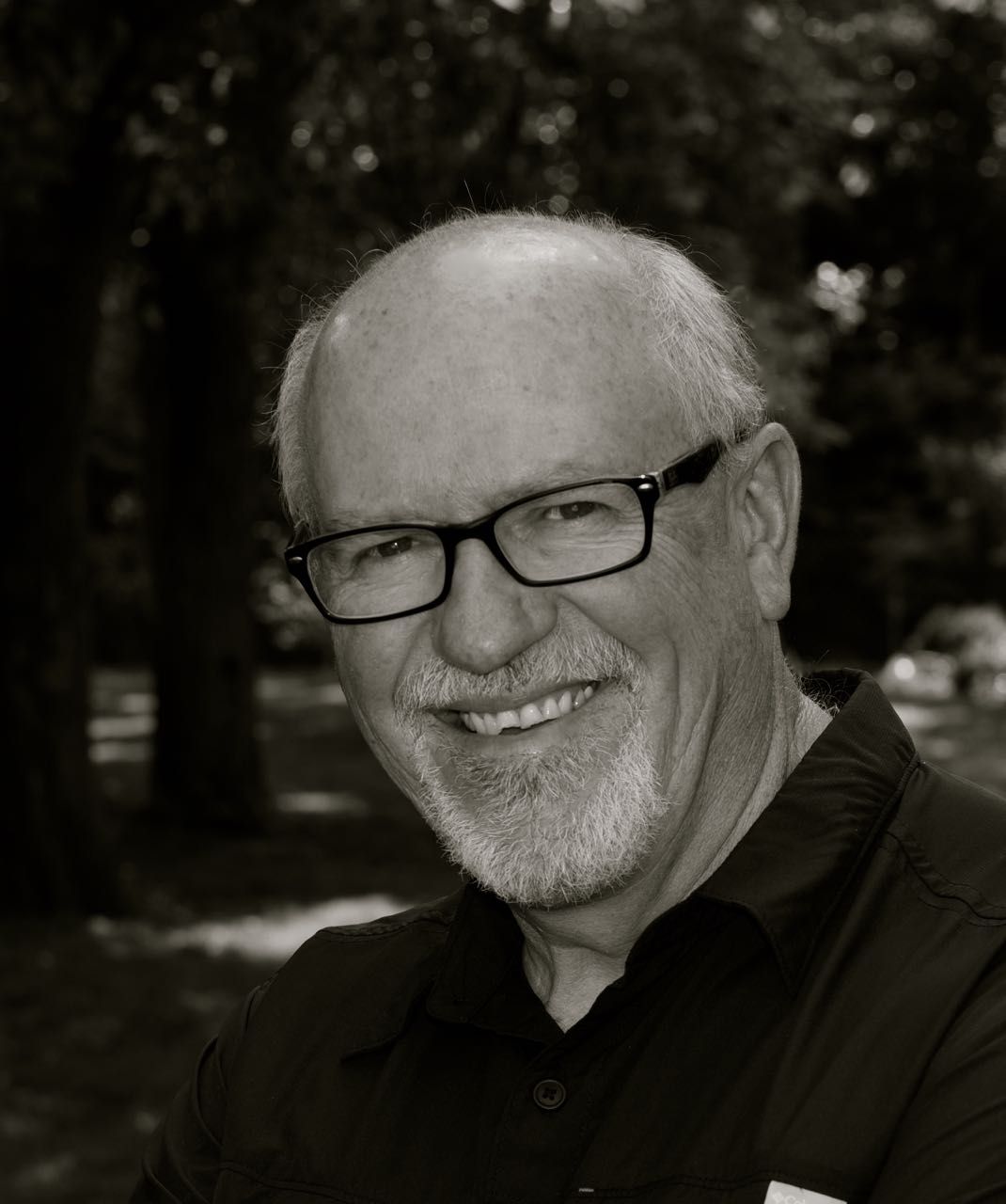What do you do when you see people, or animals, suffering? Most likely, you’ll respond with one of these reactions:
- Apathy- you don’t feel anything at all
- Sympathy- you feel sorry for the person or animal and might donate money to a charity
- Empathy- you choose to do something to help alleviate the suffering
When I first engaged in the fight against hunger, I spoke to any group that listened. Being a photographer, I showed moving images of children with distended bellies living in garbage dumps or emaciated adults with skin drawn so taut over skeletal frames you could count their bones. Yet, the more I showed the images and told the stories, the more I believed people didn’t care.
My epiphany came the day when, at the end of a speech, someone asked, “Is there anything else we can do besides give money? We don’t have much money to give but we’d sure like to help.” It occurred to me that people do care; they simply want a different option besides giving money to a charity. People are empathetic; they care and want to do something about it. The struggle comes with knowing what to do to help.
From that day on I quit trying to get people to care because I realized people already do care, they simply want practical ways to turn their empathy into action. Trying to motivate people to care when they already care is like starting the 100 meter dash when the other runners are at the 50 meter marker; I was way behind in the race right out of the blocks.
Empathy is more than a feeling; it is a feeling tied to an action. Empathy feels the pain of another and then finds a way to alleviate the suffering. Apathy turns a blind eye; sympathy bows its head in pity; but empathy rolls up its sleeves and gets to work to make the world a better place. Empathy turns an emotion into an accomplishment.
Researchers believe we are soft-wired to care for one another. Jeremy Rifkin in this animated video, The Empathic Civilization, postulates, “we are soft wired to experience another’s plight as if we were experiencing it ourselves.”
Therefore, empathy moves us to do something to help. The challenge is finding a point of engagement.
I took the photo above in the Dedaab Refugee Camp in Africa. For a practical way to do something to help the hungry, may I suggest you host or attend a meal-packaging event for the hungry? It is a powerful way to engage your empathetic nature.
What ways have you found ways to engage in helping to alleviate the suffering of others?
Please go to my “Sign Up of for Blog” button if you’d like these delivered to your inbox on or two times a week. I promise to never give or sell your information to anyone. Ever.


